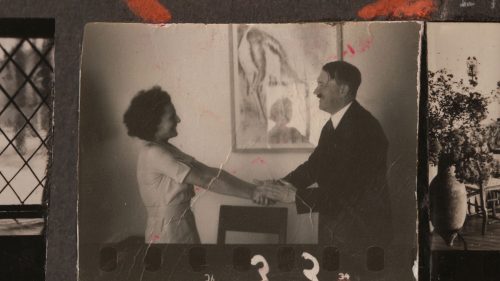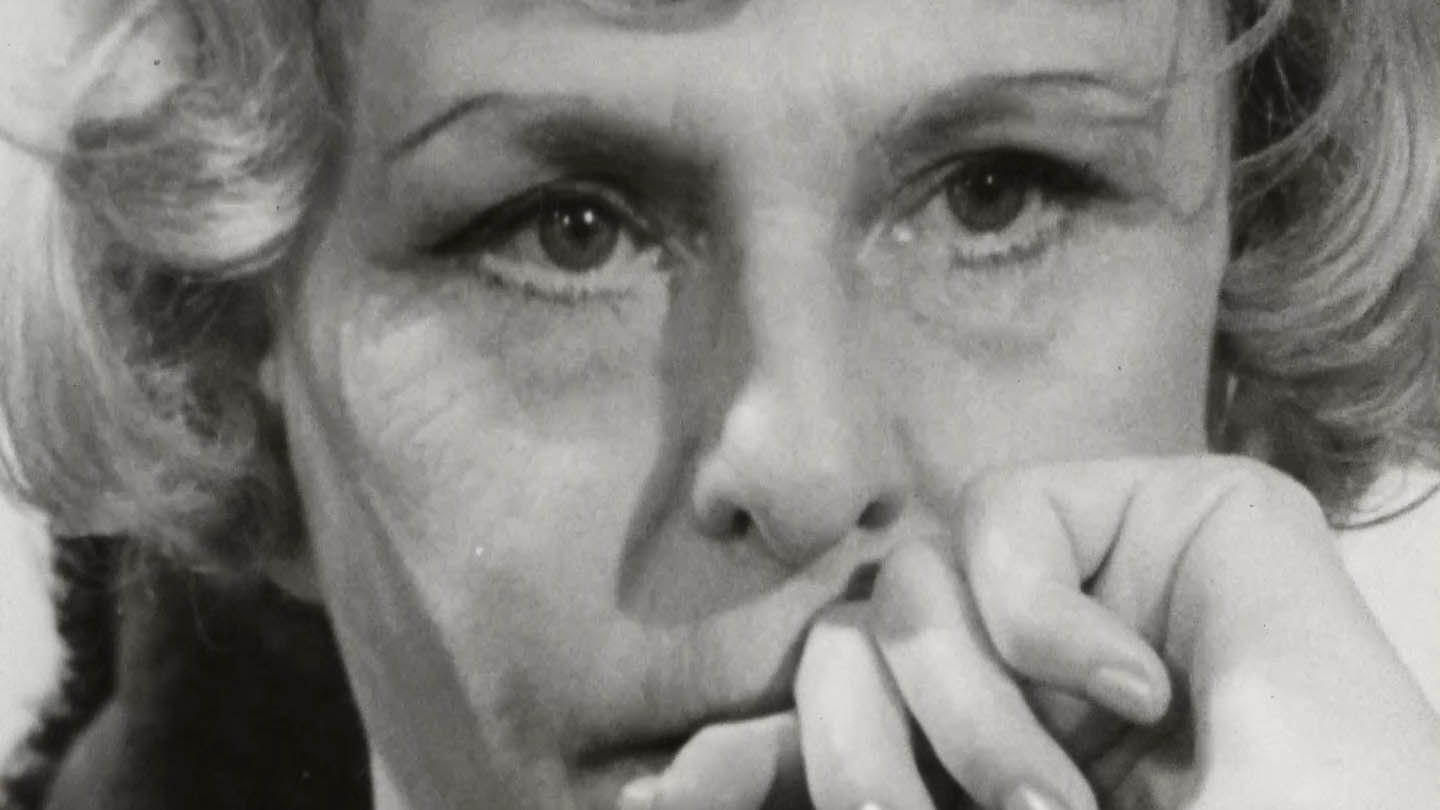
Leni Riefenstahl, the Reich’s leading filmmaker, celebrated in her films the Nazi ideals of bodily perfection and superiority, scorning weakness and imperfection. Andres Veiel discusses the German filmmaker’s complex ties with Hitler’s government a...
In the Out of Competition section, we find Riefenstahl, the documentary by Andres Veiel about the life and career of Leni Riefenstahl. One might wonder if there is a need for yet another work that illustrates the long life of the extraordinary German filmmaker (she died at 101 in 2003), her masterpieces, her decisive role in the process of constructing the aesthetic imagery of Nazism, and the stubborn denial she maintained for more than half a century regarding her ties with Hitler, Goebbels, and the Nazi leadership. I don’t believe any other director in the world has been the subject of such a vast and detailed body of books, essays, and documentaries, all so desperately aimed at resolving the contradictions inherent in her personality as a director and public figure.
When watching her films, particularly Triumph of the Will (1935), which depicts the 1934 National Socialist Party rally in Nuremberg, and Olympia, which documents the 1936 Berlin Olympic Games, we are literally mesmerized by her enormous visual talent. No one before her had captured masses and bodies with such photographic ruthlessness, with that vocation for the ecstasy of vision with which Riefenstahl portrayed those events.

Alongside her talent, there was also the German film industry, with its lens manufacturers, photographic labs, and the crews of photographers, cameramen, and technicians she coordinated like an obedient and devoted army. That being said, there can be no doubt that the German director not only set the aesthetic standard for sports filming but also established the iconographic standard of the Nazi regime, blending her art and cinematic talent with Albert Speer’s architectural work in building the aesthetics of the Third Reich, particularly regarding the staging of Nazi mass rallies. It’s no wonder, then, that Goebbels, at some point, became jealous of her as a dangerous competitor in the construction of the regime’s propaganda.
Leni Riefenstahl, even 70 years after her masterpieces, remains an enigmatic figure, and perhaps this is why works and reflections like this latest documentary by Andres Veiel continue to be dedicated to her. The fact is that when faced with her arguments defending her claimed detachment from Nazism, we are left, to say the least, bewildered and stunned. To assert that “I only photographed and turned subjects into cinema; whether it was politics, fruits, or vegetables, I didn’t care at all” is a completely unacceptable statement and speaks more to a total denial of the fundamental role she played in the 1930s in solidifying the aesthetic grip of the Hitler regime in the collective imagination than to a defense of her work. And yet, we watch and rewatch her films and continue to be captivated by them.